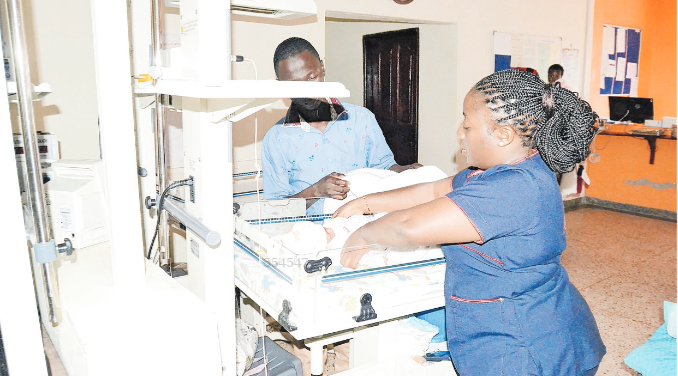Prime
New fighting in Darfur as US expresses concern

An insurgency began in Darfur in 2003, as rebels rose up against Sudan's government, accusing it of marginalisation. AFP PHOTO
What you need to know:
- Sudan's President Omar al-Bashir is wanted by the International Criminal Court on charges of war crimes, crimes against humanity and genocide related to the conflict in Darfur. He denies the charges.
- Khartoum insists the conflict has ended in Darfur. A joint UN-African Union peacekeeping force is being downscaled, now standing at around 10,000 uniformed personnel, from a peak of about 27,000.
An insurgent group in Darfur claimed Saturday to have repelled government forces in fresh clashes in the war-torn region of western Sudan that the US says have displaced thousands of civilians.
The new fighting, in the Jebel Marra mountains, comes despite a ceasefire unilaterally announced by Khartoum in early March, applying to Darfur and another conflict in Blue Nile and South Kordofan states.
"The regime's military tried to take our positions but we repulsed them," Noureddine Kouki, a spokesman for the Sudan Liberation Army-Abdul Wahid rebel group, told AFP.
Washington confirmed on Friday fresh clashes have taken place in recent days, saying it was "deeply concerned" by the violence.
"There are credible reports that villages were targeted for attack ... resulting in thousands of newly displaced civilians," US State Department spokeswoman Heather Nauert said in a statement on Friday.
The fighting is between the SLA/AW group and Sudanese government forces in the Jebel Marra mountains and it has sent villagers fleeing into mountain hideouts and caves, the rebels say.
An insurgency began in Darfur in 2003, as rebels rose up against Sudan's government, accusing it of marginalisation.
Khartoum responded by using militias to crack down on rebels and since then, insurgent groups have fragmented, with fighting punctuated by periods of relative calm.
"We call on all sides -- the government of Sudan forces, SLA/AW and armed tribal groups -- to immediately halt their provocative actions and violent responses," said Nauert.
She also urged Khartoum to allow "immediate and unhindered" access to peacekeepers and aid agencies to enable them to deliver humanitarian aid to those displaced by violence.
Khartoum restricts international media access to Darfur, an area about the size of France, so it is not possible to independently verify the details of fighting there. Sudanese authorities could not be reached for comment.
The United Nations says that over the years the conflict has killed about 300,000 people and displaced more than 2.5 million, with many having set up home over the last decade and a half in sprawling semi-permanent camps.
Sudan's President Omar al-Bashir is wanted by the International Criminal Court on charges of war crimes, crimes against humanity and genocide related to the conflict in Darfur. He denies the charges.
Khartoum insists the conflict has ended in Darfur. A joint UN-African Union peacekeeping force is being downscaled, now standing at around 10,000 uniformed personnel, from a peak of about 27,000.
A separate conflict erupted in South Kordofan and Blue Nile, both bordering South Sudan, in 2011.




